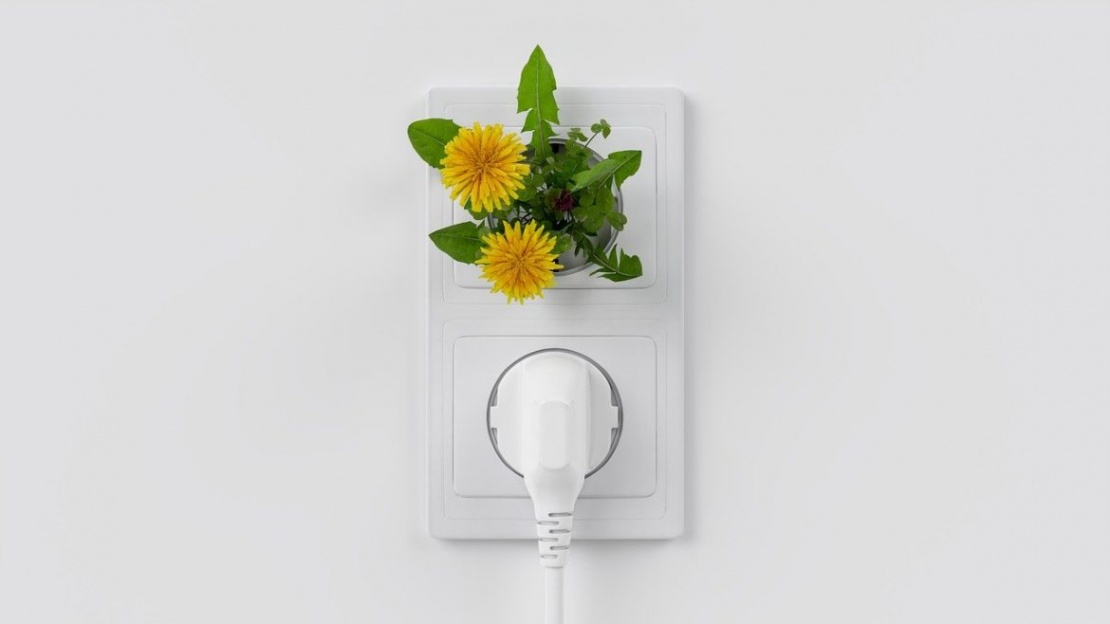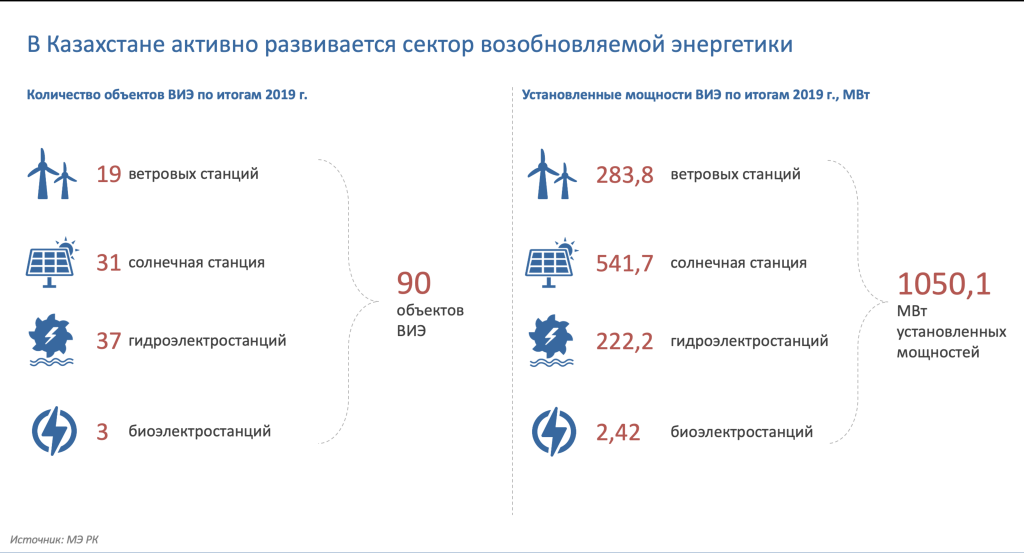
The webinar called “Sustainable Energy Development in Kazakhstan” was held on the 5thof June 2020; this webinar continued a series of webinars and discussions on key environmental issues in Kazakhstan. These series of webinars were preparation for the release of a book covering environmental problems in Kazakhstan. The project is implemented by the private foundation of Dosym Satpayev and Kazakh-German University within the support of the OSCE Center in Nur-Sultan and the Friedrich Ebert Foundation in Kazakhstan. Informational support for the project is provided by the online environmental magazine of Central Asia - “Living Asia".
Maria Genina, Kazakh-German University:
“The peculiarity of this monograph is that it combines science, politics with simple language. Its main goal is to discuss the most relevant current and potential environmental threats at the local, national, and regional levels. The book is scheduled for release at the end of this year.”
The monograph will include the following sections:

SUSTAINABLE ENERGY DEVELOPMENT IN KAZAKHSTAN
On the 5th of June 2020, during the webinar, Barbara Janusz-Pavletta, head of the UNESCO Chair for Water Management in Central Asia of the Kazakh-German University, addressed the participants with a welcoming speech:
“There is very little interaction between the public, universities and decision-makers. The knowledge accumulated by universities is not passed to the public. In turn, we, as representatives of universities, need feedback to know what needs to be done for the state and society. These series of webinars havebeen created to solve that particular problem.”
Barbara noted that sustainable energy is especially important for Kazakhstan, as the country has set ambitious plans to switch to sustainable energy by 50% by 2050.
“A green economy is our path to the future,” said Barbara.
THE MAIN CHALLENGES OF THE ENERGY SECTOR OF KAZAKHSTAN
Alexey Kobzev, RES Project Manager, Kazakh-German University:
▪ Depreciation of equipment (about 50% of Kazakhstan's CHP plants older than 30 years)
Alexey noted that the main problem of the coal industry of Kazakhstan is that Kazakhstani fuel is high-ash. Therefore, tremendous resources are required to reduce emissions from this fuel.
“According to the most conservative estimates, investments in the energy sector need to be increased by 50%. Significant resources will be needed in the future to support this “environmental equipment.””
The ways to solve the problem:
▪ Energy saving and energy efficiency improvement
According to some forecasts, the share of renewable energy sources will be 30% of global electricity production by 2035.
WHAT IS A “BLOCKCHAIN” AND WHY ARE NUCLEAR PLANTS DANGEROUS?
German Trofimov, Independent Energy Expert of Kazakhstan
Primarily, he noted that the Ministry of Energy of Kazakhstan predicts energy shortages in the next 10 years. It raises the question of whether building a nuclear power plant is necessary or not.
As an argument against the construction of nuclear power plants, the professor cited Germany's example, where after the incidents at the Chernobyl nuclear power plant (USSR, now Ukraine) and the explosion at Fukushima in Japan, the public sharply spoke out against nuclear power plants. Germany plans to abandon nuclear energy by 2020 completely. Nevertheless, the professor noted that this change could not be called exclusively positive. One of the drawbacks of nuclear power plants is that they are not maneuverable.
Trofimov also noted that today’s share of renewable energy is 2.23%. He highlighted that 46% of them are hydroelectric power plants, not “renewable”, but “alternative” energysources. Meanwhile, we have set the goal of reaching the level of 3% by 2020.
He regrets that Kazakhstan does not pay enough attention to the development of renewable energy sources. According to him, those are the reasons it is crucial to use the blockchain system. It is a distributed energy system that is capable of continuously supporting the energy system in emergency conditions.
WHAT KIND OF ENERGY DEVELOPMENT PLAN DOES KAZAKHSTAN NEED?
Armen Arzumanyan, Head, USAID Regional Energy Future Program:
“Kazakhstan needs a long-term plan for the development of the electric power industry.”

The USAID Energy of the Future project aims to create a development plan and an energy transfer system for the next 20 years. On the slide below, you can see the main scenarios.
 In his presentation, Arzumanyan also shared the approximate costs of implementing 2 scenarios (with and without nuclear power plants).
In his presentation, Arzumanyan also shared the approximate costs of implementing 2 scenarios (with and without nuclear power plants).
CURRENT PROBLEMS OF RENEWABLE ENERGY IN KAZAKHSTAN

Timur Shalabaev, Executive Director of the Kazakhstan Solar Energy Association:
“Electricity generation from RES in 2019 increased by 77% compared to 2018.”

Shalubaev emphasized that the installed capacity should be 3.3-3.5 GW to achieve the ambitious goal of a 6% share of electricity from renewable energy by 2025. Accordingly, the volumes of installed capacities put up at auctions should also increase.
Unfortunately, the primary trend in the world is the reduction in capital costs for renewable energy sources. For example, from 2015 to 2018, the total costs for the construction of "solar projects" decreased by 2.5 times.
However, we must understand that, even though the traditional stations' efficiency is three times higher than that of renewable energy sources, the former also have operating and maintenance costs.
More detailed information regarding the future of renewable energy in Kazakhstan is presented on the slide below.

To sum up, I would like to say that there are specific shifts in sustainable energy in our country. However, much more effort is required to achieve the ambitious goals that Kazakhstan has set for itself. Thus, it is essential to talk about the problems we have and the potential we possess.
Stay tuned for further updates to keep up with environmental protection and sustainable energy events.
You can get more information on the speakers here
___________
Climate Change Adaptation and Mitigation Program for Aral Sea Basin